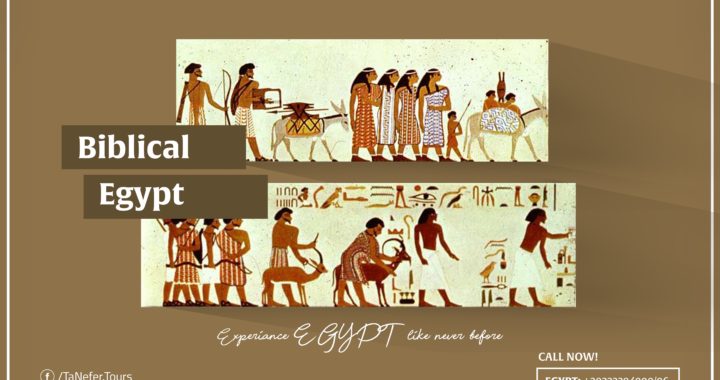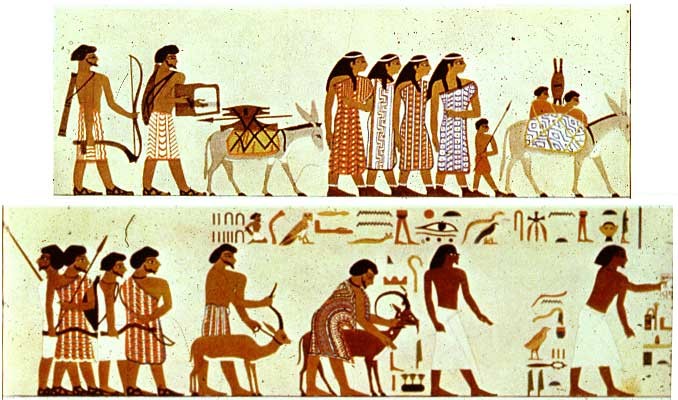Hellenistic Egypt
An advanced culture founded in 330 BC by Ptolemy I "Soter", who declared himself a new Pharaoh of Egypt and created a powerful Hellenistic dynasty that ruled an area stretching from southern Syria to Cyrene and south to Nubia.
Alexandria became the capital city and a major center of Greek culture and trade. To gain recognition by the native Egyptian populace, they named themselves the successors to the Pharaohs. The later Ptolemies took on Egyptian traditions by marrying their siblings, had themselves portrayed on public monuments in Egyptian style and dress, and participated in Egyptian religious life.
The Ptolemies had to fight native rebellions and were involved in foreign and civil wars that led to the decline of the kingdom and its final annexation by Rome. Hellenistic culture continued to thrive in Egypt throughout the Roman and Byzantine periods.




